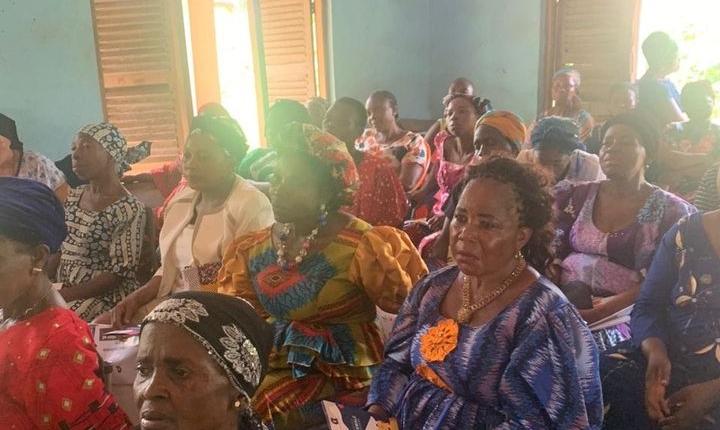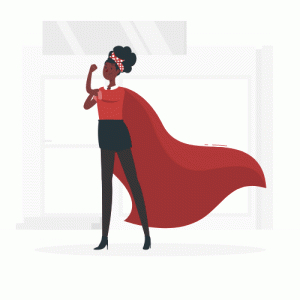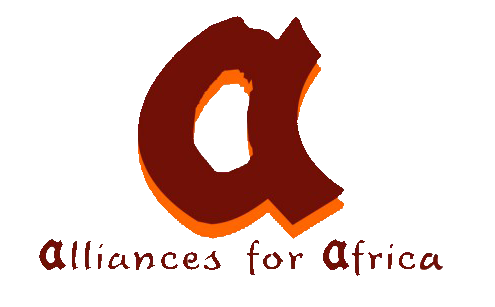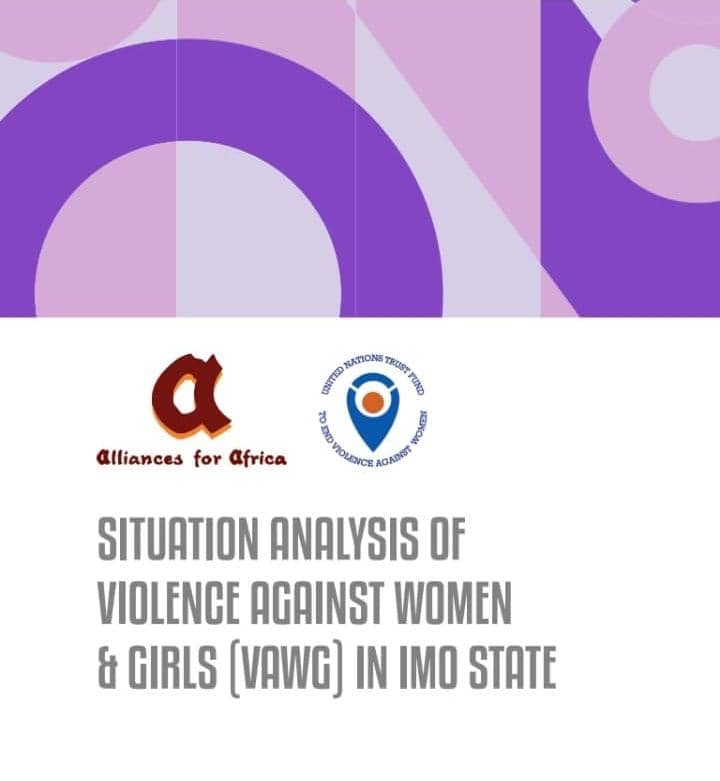About Rejoice
This author has not written his bio yet.
But we are proud to say that Rejoice contributed 48 entries already.
Entries by Rejoice
FOR IMMEDIATE RELEASE – Alliances for Africa Calls for the Urgent Mainstreaming of Comprehensive Sexuality Education into the Imo State Education System to Protect and Empower Girls.
/0 Comments/in News and Events/by Rejoice
FOR IMMEDIATE RELEASE
10/11/2023
Urgent Call to Mainstream Comprehensive Sexuality Education into the Imo State Education System to Protect and Empower Girls.
Today, on the occasion of the International Day of the Girl Child 2023, Alliances for Africa (AfA) brings attention to the many challenges faced by the girl child in her journey to growth and emphasizes the urgent need to mainstream Comprehensive Sexuality Education (CSE) into the educational curriculum of Imo State. The theme for this year’s celebration, OUR TIME IS NOW, OUR RIGHTS, OUR FUTURE, underscores the necessity to address the challenges stemming from the lack of comprehensive sexuality education and its detrimental effects on girls in our society.
The path to growth and development for the girl child in Africa, particularly in Imo State, is laden with numerous challenges, often resulting in detrimental consequences for their well-being, education, and future prospects. It is crucial to shed light on these challenges to understand the imperative of integrating Comprehensive Sexuality Education (CSE) into the school curriculum.
A recent distressing incident in Imo State involved a teenage girl experiencing menstrual cramps, seeking relief from her friends. Tragically, she fell victim to sexual abuse as her friends rather advised and arranged for gang rape to give her relief from menstrual cramps. This showcases the critical necessity for CSE to impart accurate knowledge and empower girls to protect themselves.
According to the United Nations Population Fund, no less than 770,000 births occur to adolescent girls below the age of 15 years in developing countries (UNFPA, 2013). According to the Nigerian Demographic Health Survey (NDHS), the adolescent birth rate in 2018 was 106 births per 1,000 women. Bauchi state had the highest number of adolescent births (198), while Imo state had the least. However, Imo State must pay attention to this report due to significant shifts brought about by the emergence of COVID-19, exposing weaknesses in safeguarding and protective mechanisms for the girl child, coupled with the current state of insecurity and the disruption of the Imo State school system. These factors have contributed to an increase in internal displacement, placing the girl child at the center of immense risk both within and outside the home.
This situation necessitates sustained enlightenment of the girl child through the mainstreaming of CSE in the school curriculum.
Comprehensive sexuality education (CSE), as defined by the World Health Organization, provides young people with accurate, age-appropriate information about sexuality and their sexual and reproductive health, which is critical for their health and survival.
The absence of comprehensive sexuality education in the curriculum has left young girls vulnerable to a multitude of challenges. Insufficient knowledge regarding their own bodies, reproductive health (puberty, menstruation, personal hygiene), consent, relationships, and peer pressure leaves them susceptible to sexual and gender-based violence. Alarmingly, without adequate information and life skills, they face higher risks of early marriage, unintended pregnancies, sexually transmitted infections, and exploitation.
In Imo State, the vulnerability of the girl child towards rape, bullying, cyberbullying, incest, and other forms of sexual and gender-based violence cannot be overstated. Girls in our community face unacceptable levels of abuse and discrimination, underscoring the need for urgent action. Comprehensive sexuality education is the foundational step toward creating a safer environment, empowering girls with knowledge, boosting their confidence, and protecting them from the pervasive threat of sexual violence.
In a recent study conducted by Alliances for Africa to assess the level of knowledge of girls about their accurate information on their sexual and reproductive health and rights in the South East, only 10.4% are aware of their sexual and reproductive health and rights, 56.7% are not aware, 29.1% are partially aware, and 3.7% do not have an idea about SRHR.
This data highlights a clear educational gap related to SRHR. It emphasizes the need for comprehensive sexuality education programs in schools and communities to enhance awareness, understanding among girls, and help them make informed decisions.
OUR DEMAND
On this International Day of the Girl Child, Alliances for Africa demands the following:
- Imo State government should prioritize and integrate comprehensive sexuality education into the school curriculum as a matter of urgency and encourage all systems that promote the same.
- Ensure that every school in the state has a functional guidance and counselling unit to provide necessary guidance and support to the girls.
These units would offer a safe space for girls to seek guidance on personal issues, mental health, and concerns related to sexuality and reproductive health, fostering a supportive environment that nurtures their growth and well-being.
It is is True! Empowered girls are more likely to assert their rights, resist harmful practices, and contribute positively to their communities.
About Alliances for Africa (AfA):
Alliances for Africa (AfA) is an International African woman-led non-governmental human rights, peace, and sustainable development organization. AfA works with partners in, around, and beyond the continent of Africa, advocating for the protection of human rights, promoting women’s participation in leadership and governance, building institutional capacity, advocating for gender justice, equality, and non-discrimination, as well as promoting peace, security, and conflict resolution interventions.
Ms Iheoma Obibi
Executive Director
Alliances for Africa
Owerri, Imo State
Facebook: https://web.facebook.com/AlliancesforAfrica
Twitter: http/AfAafrica
Instagram: https://www.instagram.com/alliancesforafrica
Women Exclusion in governance-What is the Solution ?
/0 Comments/in News and Events/by Rejoice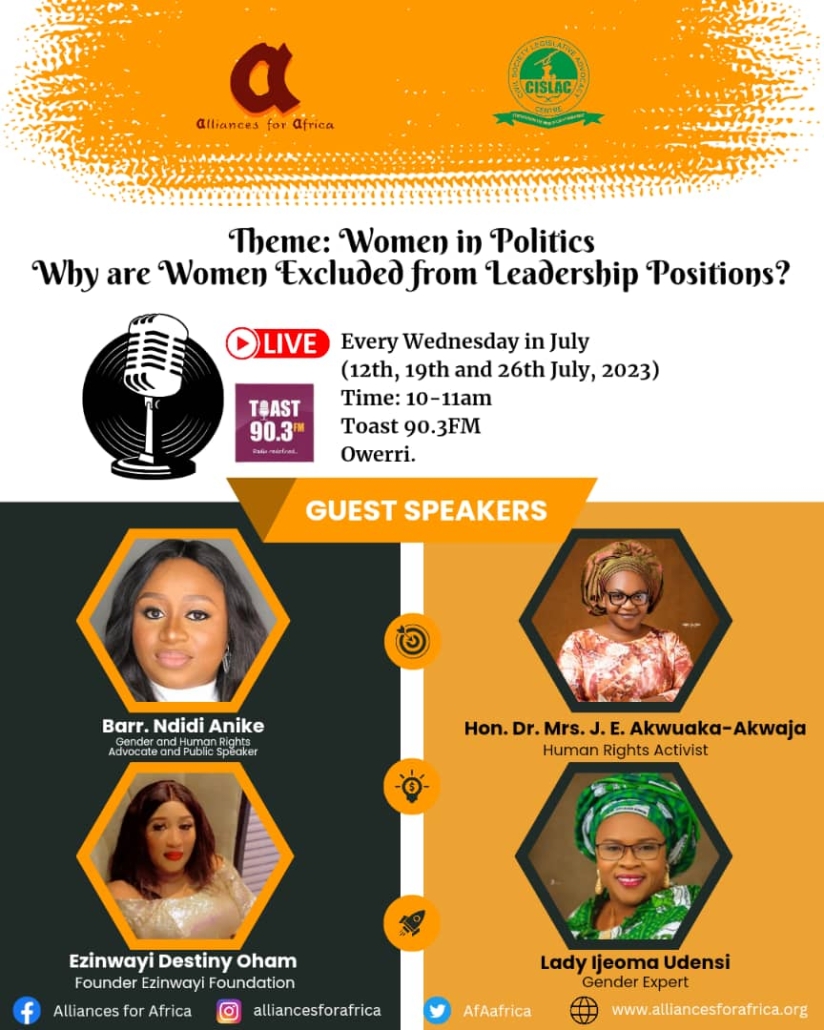
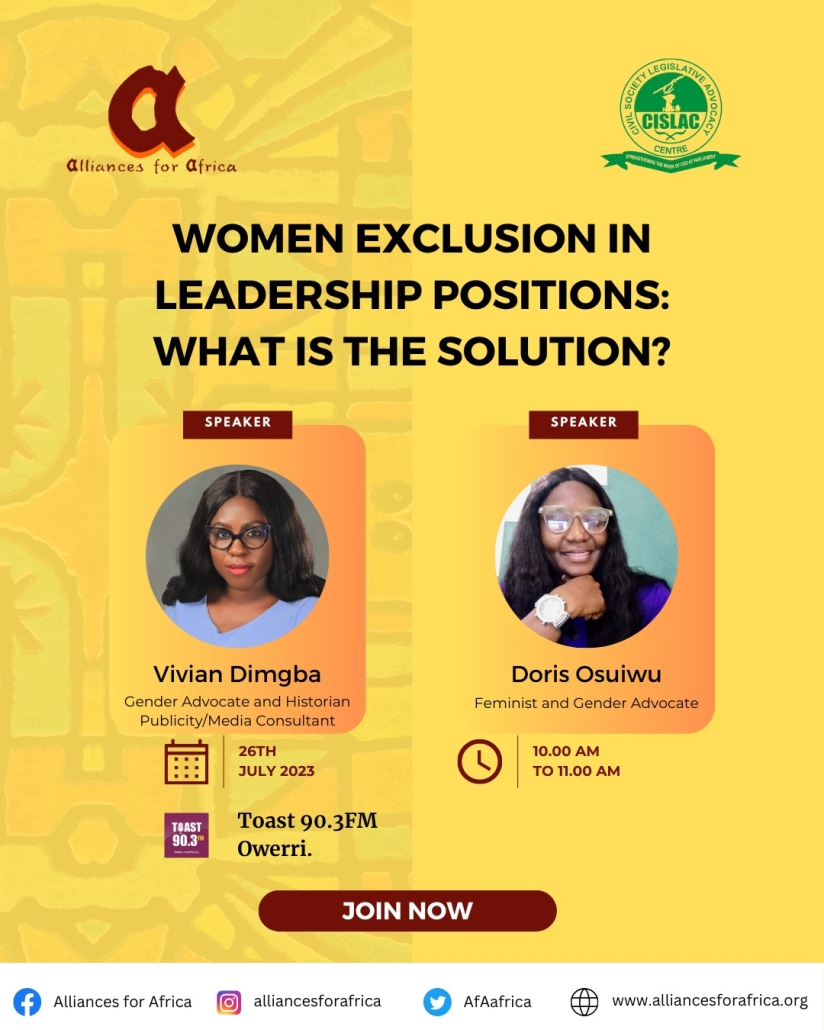
Did you miss any of the episodes on our 3 episode radio program on Toast 90.3 fm addressing women’s exclusion in politics and the solution?
Catch up with the conversation here.
Click to listen to all the episodes.
http://drive.google.com/drive/folders/1zvqe0R6UMqkWQPF_fLRBTtMJxDqTHSC3
It was a great conversation-
Towards an inclusive, transparent, accountable, and overall good governance!
Great thanks to our funders – CISLAC and MacArthur foundation.
FOR IMMEDIATE PRESS RELEASE Celebrating Nigeria at 63 through a Feminist Lens: Advocating the Domestication of the Maputo Protocol.
/0 Comments/in News and Events/by Rejoice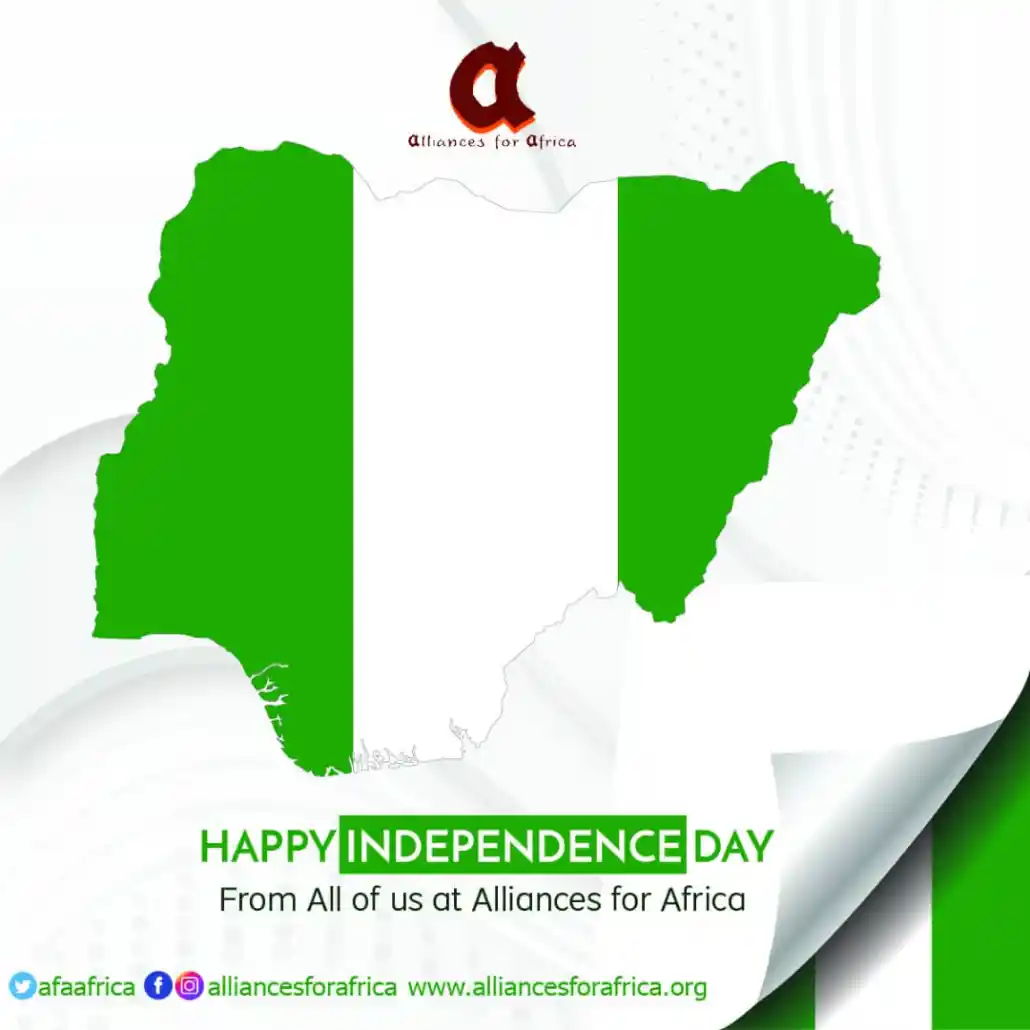
Dear Advocates, Supporters, and Fellow Change-makers,
As Nigeria marks its 63rd year of independence, we view this milestone through a feminist lens, acknowledging both the progress made and the journey ahead in the pursuit of gender equality and the protection of women’s rights.
On this historic day, we pay tribute to the courageous women and girls of Nigeria, both past and present, who have fearlessly challenged stereotypes, broken barriers, and advocated for a more inclusive and equitable society. Their resilience and determination have enriched our nation’s tapestry and propelled our collective movement towards a fair and just society.
Yet, we recognize that our journey is far from complete. Gender-based disparities persist, depriving countless women and girls of the opportunities and freedoms they rightfully deserve.
On this occasion of Nigeria’s 63rd independence, we ask a crucial question: Have women and girls truly experienced the impact of socio-political and economic independence in Nigeria? Are women and girls genuinely independent in Nigeria?
In politics, Nigeria has continued to experience low participation of women in both elective and appointive positions. This under representation of women in political participation is deeply rooted in the patriarchal practices ingrained in our society, evident from pre-colonial times to the present day. So we must ask, what has fundamentally changed?
Presently, women’s representation in Nigeria’s parliament remains among the lowest in the world. The national average for women’s participation in elective and appointive positions hovers around six percent, falling below the West African sub-regional average of 15 percent. Nigeria ranks 32nd out of 35 sub-Saharan countries concerning women’s representation in politics. Compared to several other nations, the journey towards better female representation at both state and national levels in Nigeria remains a long one. Data from the Inter-Parliamentary Union reveals that the global average of women in national parliament stands at 26 percent. Within Africa’s 54 countries, Nigeria holds the lowest position, ranking 54th with a mere 5.45 percent female representation, while Rwanda stands as the leader with 47.95 percent.
In Imo state, Nigeria, the data is disheartening. How can only 27 men with zero female representation in the Imo state 10th assembly sit to decide on matters concerning more than 3 million women and girls in the state? Does this not constitute a major setback in the course of genuinely advancing the cause of women and girls in the State?
Little wonder violence against women and girls is on an astronomical increase in various parts of the nation, given that positions of authority, where women who would understand and empathize with their fellow women and girls are often occupied by individuals who do not have a clear understanding of their struggles, making it challenging to advocate for and implement policies and laws that would enhance their lives.
We stand unwavering in our commitment to dismantle these barriers and ensure that the principles of feminism, gender equality, and the protection of women and girls are deeply ingrained in the foundation of our beloved Nigeria’s future.
Let us envision a Nigeria where women and girls are not just beneficiaries of change but powerful agents driving that change. A Nigeria where all forms of oppression against women and girls and people with disabilities are eradicated, and intersectionality is not just a buzzword but a cornerstone of governance.
We passionately call upon all to unite in this cause, to amplify the voices of women and girls, to challenge discriminatory norms, and to fervently advocate for the urgent domestication of the Maputo Protocol. The protocol, once implemented in Nigeria, will serve as a crucial legal instrument to protect and empower women and girls, ensuring their rights are upheld and respected.
Together, we can sculpt a Nigeria where equality, justice, and the protection of women and girls are not just aspirations but fundamental cornerstones of our society. Let us collaborate, learn from each other, and work towards a world where every woman and girl’s potential is not just acknowledged but revered and celebrated.
Happy Independence Day, Nigeria!
In solidarity,
Alliances for Africa
FOR IMMEDIATE PRESS RELEASE – Alliances for Africa Stands Firm Against Sexual Harassment: Demands Sustainable System Change in Tertiary Institution.
/0 Comments/in News and Events/by Rejoice

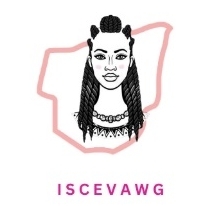
Alliances for Africa Stands Firm Against Sexual Harassment: Demands Sustainable System Change in Tertiary Institutions
Alliances for Africa, a leading feminist organization championing gender justice and human rights across the continent, is deeply concerned about the recent allegations of sexual harassment at the University of Calabar. We recognize the gravity of the situation and firmly stand against any form of sexual harassment in educational institutions.
The allegations of sexual harassment involving the Dean of the Faculty of Law, Prof. Cyril Ndifon, have rightfully sparked outrage and concern. Such incidents undermine the dignity and well-being of students and erode the integrity of the educational environment.
Alliances for Africa commends the University of Calabar’s management for taking immediate actions to address this issue, including the establishment of a committee to investigate the allegations and the involvement of external bodies such as UNICAL Alumni, the Federation of Female Lawyers, and the Federal Public Complaints Commission. These actions demonstrate a commitment to transparency and accountability.
However, it is essential to recognize that addressing sexual harassment requires more than just responding to individual cases. It demands a holistic approach to create lasting change. It requires ensuring all systems and settings that promote unequal power dynamics, victimization, intimidation, inequality, abuse and violation of human rights within the institution are addressed. These structural systems create an environment where such violations are more likely to occur, making educational institutions unsafe for the girl child.
Is it not disheartening that a survey conducted in 2018 by the World Bank Group’s Women has it that 70 per cent of female graduates from Nigerian tertiary institutions have been sexually harassed in school, with the main perpetrators being classmates or lecturers?
Therefore, Alliances for Africa calls for the following systemic reforms in tertiary institutions across Nigeria, and Africa:
- Comprehensive Anti-Harassment Policies: Develop and enforce comprehensive anti-sexual harassment and prevention of sexual exploitation, abuse and harassment (PSEAH) policies that clearly define prohibited conduct, establish transparent reporting mechanisms, and protect survivors’ rights.
- Gender-Sensitive Education: Incorporate gender-sensitive education into the curriculum to promote respect, equality, and consent, fostering a culture of mutual respect among students and staff.
- Create Reporting Mechanisms:
Establish confidential and anonymous reporting mechanisms for students and staff to report incidents of harassment, abuse, or power imbalances and ensure that individuals who report are protected from retaliation.
- Empowerment of Survivors: Provide robust support services for survivors, hospital referrals, including counselling, legal aid, and access to confidential reporting channels.
- Diversity and Inclusion: Promote diversity and inclusion in all aspects of university life, ensuring that every member of the academic community, including the marginalised and vulnerable groups, feels valued and respected.
- Training and Awareness: Implement mandatory training programs for all faculty, staff, and students to raise awareness about sexual harassment and its consequences. Including a thorough acceptance and understanding of safeguarding policies by staff and students.
- External Oversight: Establish external oversight mechanisms to monitor and evaluate institutions’ compliance with prevention of sexual abuse, exploitation and harassment (PSEAH) anti-harassment policies and practices.
- Zero Tolerance: Enforce a zero-tolerance policy for sexual harassment, with strict consequences for perpetrators, including legal action where applicable.
Alliances for Africa believes that tertiary institutions should be safe spaces for learning, personal growth, and the pursuit of knowledge. We call on the Gender Units of all Nigerian institutions to rise and be a voice of awareness and protections of students in their institutions. We call upon all African universities particularly Nigeria to adopt these reforms and work collectively to eradicate sexual harassment from our campuses.
We commend the Nigerian Bar Association (NBA) for its proactive response in setting up an ad hoc committee to investigate the allegations against Prof. Cyril Ndifon, we appreciate the Civil Society Organizations already rising to condemn this inhumane act. This demonstrates the legal community’s commitment to justice and accountability. This is another case out of the spoken and unspoken cases and the solution lies in dismantling all the faulty systems that promote sexual harassment in tertiary institutions.
We remain resolute in our mission to ensure gender justice and a world free from all forms of gender-based violence and discrimination. We stand with the students of the University of Calabar and all survivors of sexual harassment, offering our unwavering support.
For further information, please contact:
Ms. Iheoma Obibi
Executive Director
Alliances for Africa
World Bank, Owerri, Imo State

A ONE DAY WORKSHOP TO IMPROVE KNOWLEDGE ON MAPUTO PROTOCOL IN IMO STATE
/0 Comments/in News and Events/by Rejoice
Accountability, Inclusion and Voter Education – CISLAC
/0 Comments/in News and Events/by Rejoice
Did you know?
By voting, you can help shape the policies and decisions made by elected officials. It is an opportunity to voice your opinion, support candidates or parties that align with your values and beliefs, and contribute to the democratic process. Voting can also influence the outcome of elections and determine who will represent your interests.
To fulfill your responsibility as a voter, this is way to go!
Register to vote: Ensure that you are registered as a voter in your jurisdiction. Check the requirements and deadlines for voter registration in your country or region.
Educate yourself: Learn about the candidates, their positions on important issues, and their track records. Understand the policies and initiatives that are being proposed. Research the parties or individuals running for office to make informed choices.
Participate in debates and discussions: Engage in conversations with friends, family, and community members about the election. Share and exchange viewpoints, listen to different perspectives, and challenge your own assumptions.
Go to the polling station: Power still lies with the people. On the day of the election, visit your designated polling station during the given voting hours. Follow the instructions provided and cast your vote confidentially. NO VIOLENCE!
Encourage others to vote: Spread awareness about the importance of voting and encourage others to participate in the electoral process. Engage in discussions and promote civic participation within your community.
Remember, NO TO VOTE BUYING. NO TO VOTE SELLING. NO TO VIOLENCE!
Voting is an individual decision, and it’s essential to exercise your right responsibly by considering the information available and making choices based on your values and the issues that matter to you.
Alliances for Africa TV Program
/0 Comments/in News and Events/by RejoiceThe Woman's Advocate Live on NTA Owerri
We had an enriched 5 slots Live TV program anchored by Ada Oke on the Civil Status of Women in Ending Violence Against Women and Girls, funded by UNTF.
Click on the link to watch
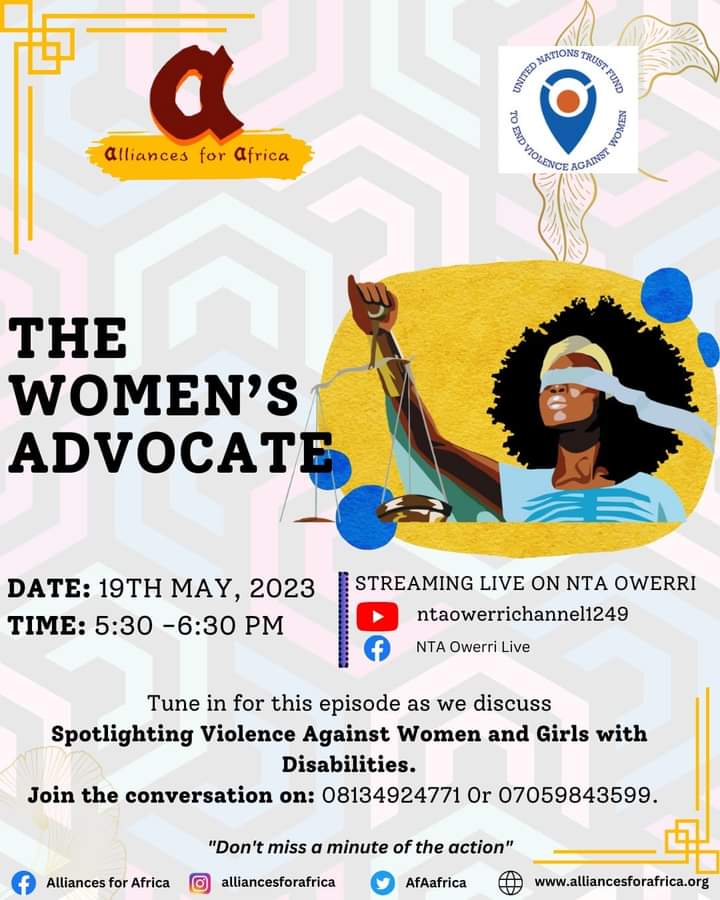
This is the heading
Lorem ipsum dolor sit amet, consectetur adipiscing elit. Ut elit tellus, luctus nec ullamcorper mattis, pulvinar dapibus leo.
School based sensitization at Ikenegbu Girls Secondary School, Owerri
/0 Comments/in News and Events/by Rejoice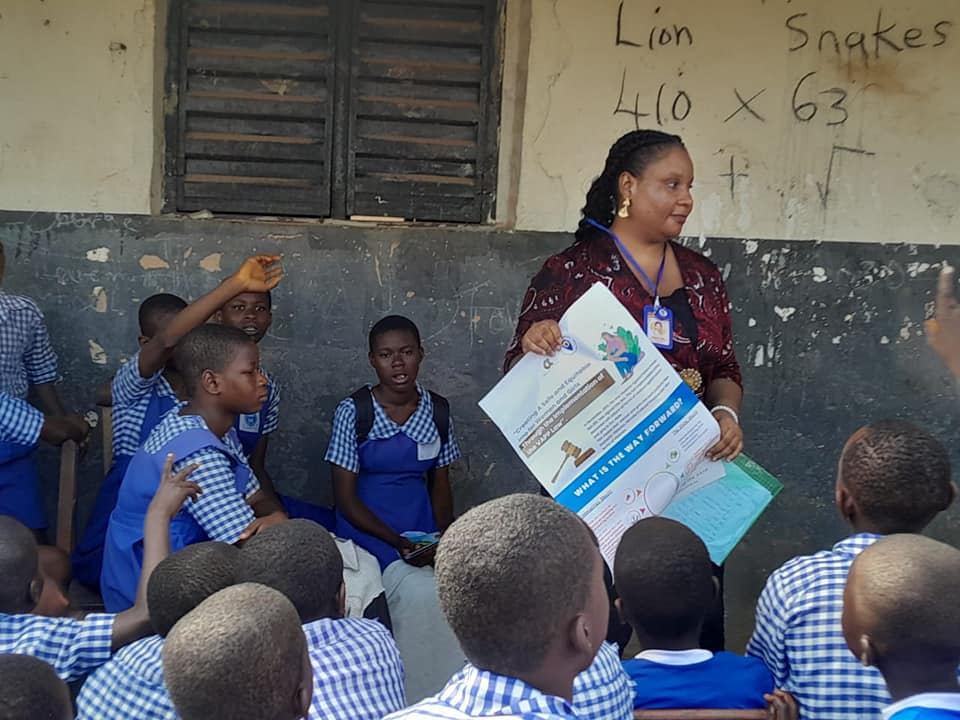
ZONAL SENSITIZATION IN OWERRI, OKIGWE AND ORLU ZONES
/0 Comments/in News and Events/by Rejoice